5 Lessons from Mondragon
— Subvert
The inspiration for Subvert's vision comes from an unlikely source: a Spanish priest who founded the world's largest worker cooperative: Mondragon.
In September, Subvert traveled to the Basque region of northern Spain to visit the headquarters of the world's largest worker cooperative. The goal: take back actionable lessons and insights for Subvert to help us achieve our ultimate goal: building the "Mondragon of Music".
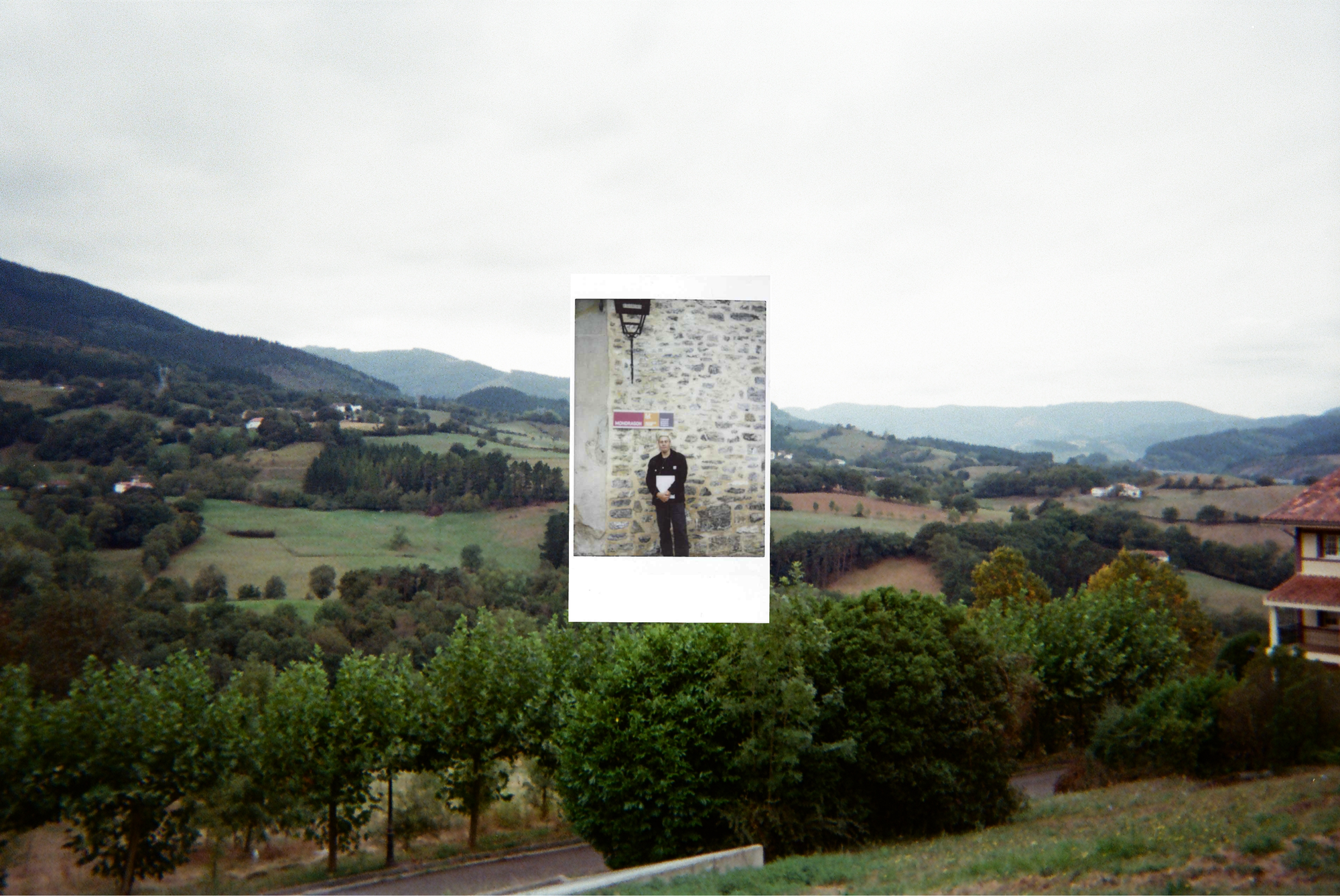
The trip was generously sponsored by the Center for Cultural Innovation and AmbitioUS, and brought Subvert together with cooperative practitioners from across the US, including representatives from East Bay Permanent Real Estate Cooperative, Boston Ujima Project, and authors like Jessica Gordon-Nembhard from CUNY.
Making a trip to Mondragon is something like a co-op pilgrimage. The company is seen as some of the best proof that cooperatives can operate profitably at an impressive scale. It's an inspiration for what practical alternatives to extractive capitalism can look like in practice.
Mondragon started small. It officially began in 1956 as a little factory making paraffin wax heaters. Today, the cooperative has developed into a flourishing worker-owned ecosystem - near the scale of a small nation-state. They have their own bank. They have their own chain of grocery stores. They have their own university. Mondragon has grown to become a network of 92 co-ops employing over 70,000 workers with €11 billion in annual revenue. It's Spain's seventh-largest company, a co-op owned and controlled by its workers.
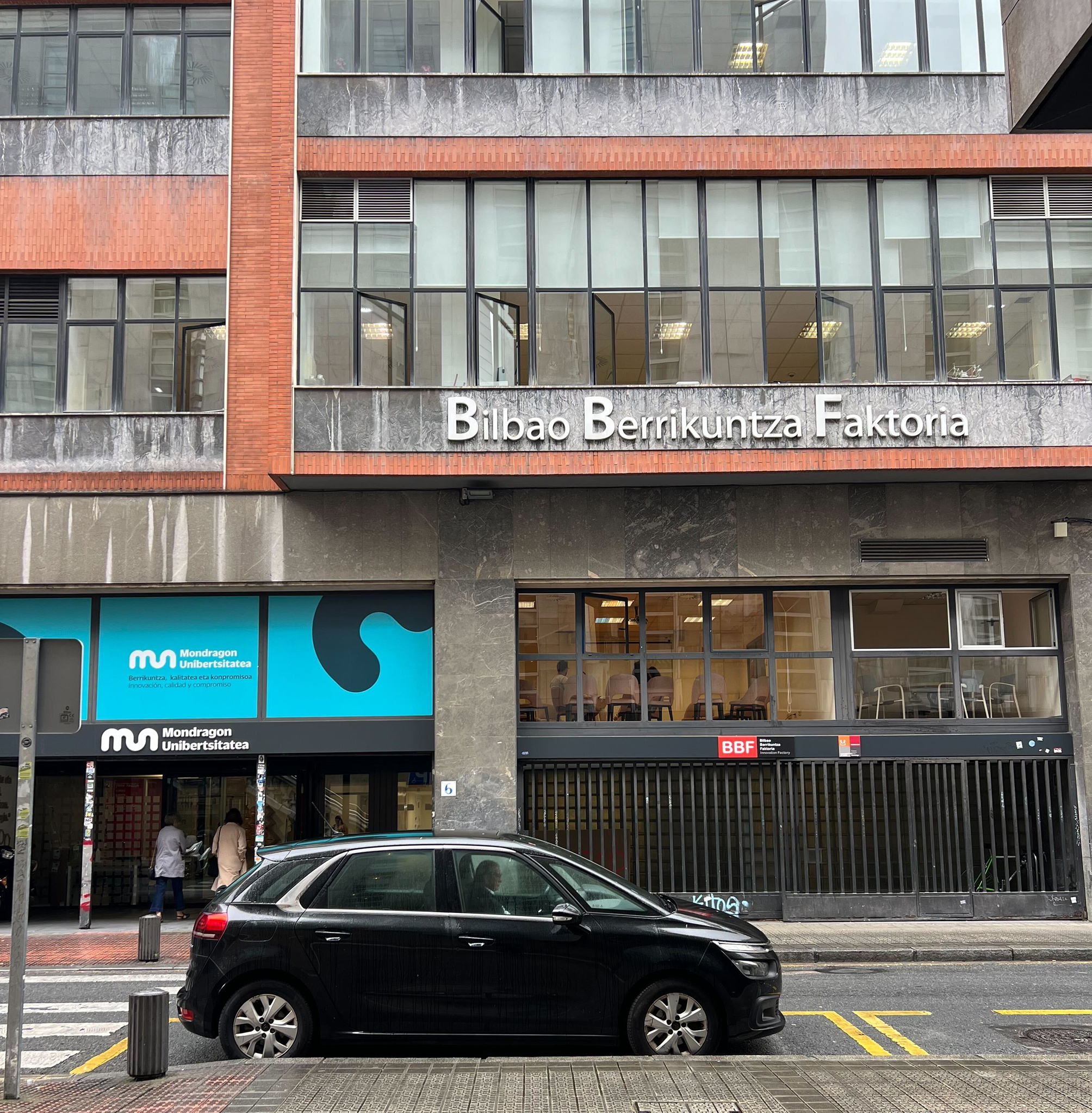
The numbers are impressive, but on the ground I was able to see much more. I observed a business culture where cooperation was the default. I learned about the history and heritage of the region where this cooperative grew. I spoke with students and smaller scale cooperative entrepreneurs about their projects in the region. And it was moving to learn about the story of the individual who started it all: a priest named José María Arizmendiarrieta.
Lesson 1: Education is Infrastructure
"Teaching and education are the first requirements of a community, if you do not want all kinds of companies to become stagnant or half developed." - José María Arizmendiarrieta

José María Arizmendiarrieta arrived in the small Basque town of Mondragón in 1941, at age 26. Spain was devastated from civil war, and Francisco Franco's dictatorship had just taken hold. The town faced economic depression, high unemployment, and little hope for the future.
It was a decade before the first cooperative officially formed that Mondragon began taking shape. The priest not only delivered religious sermons, but also organized talks, learning groups, and even a technical trade school. Nearly every day, he gave a 20-minute talk to students and community members. These talks were about how to best rebuild the community in a way that he viewed as reflective of Catholic social values. These talks were often notably secular, covering forms of democratic management and worker organization from around the world.
These talks were the foundation for everything that followed. They became learning groups, and the technical trade school went from 300 to over 1,000 students in just five years.
Over time, this trade school is what eventually became Mondragon University. When I visited Mondragon University, we saw something that felt fundamentally different from American business school culture. Within the business school (which is also run as a cooperative), there is an entrepreneurial program where students don't just study business—they start actual companies during their education (many of them cooperatives). As part of the entrepreneurship program at Mondragon University, students receive mentorship to help them receive funding from Laboral Kutxa, Mondragon's credit union. The whole ecosystem works together in a symbiotic way.
In many ways, these educational initiatives were the true foundation for Mondragon. It may not have been able to grow into what it is today without creating a culture of co-learning, reading groups, and community-based education.
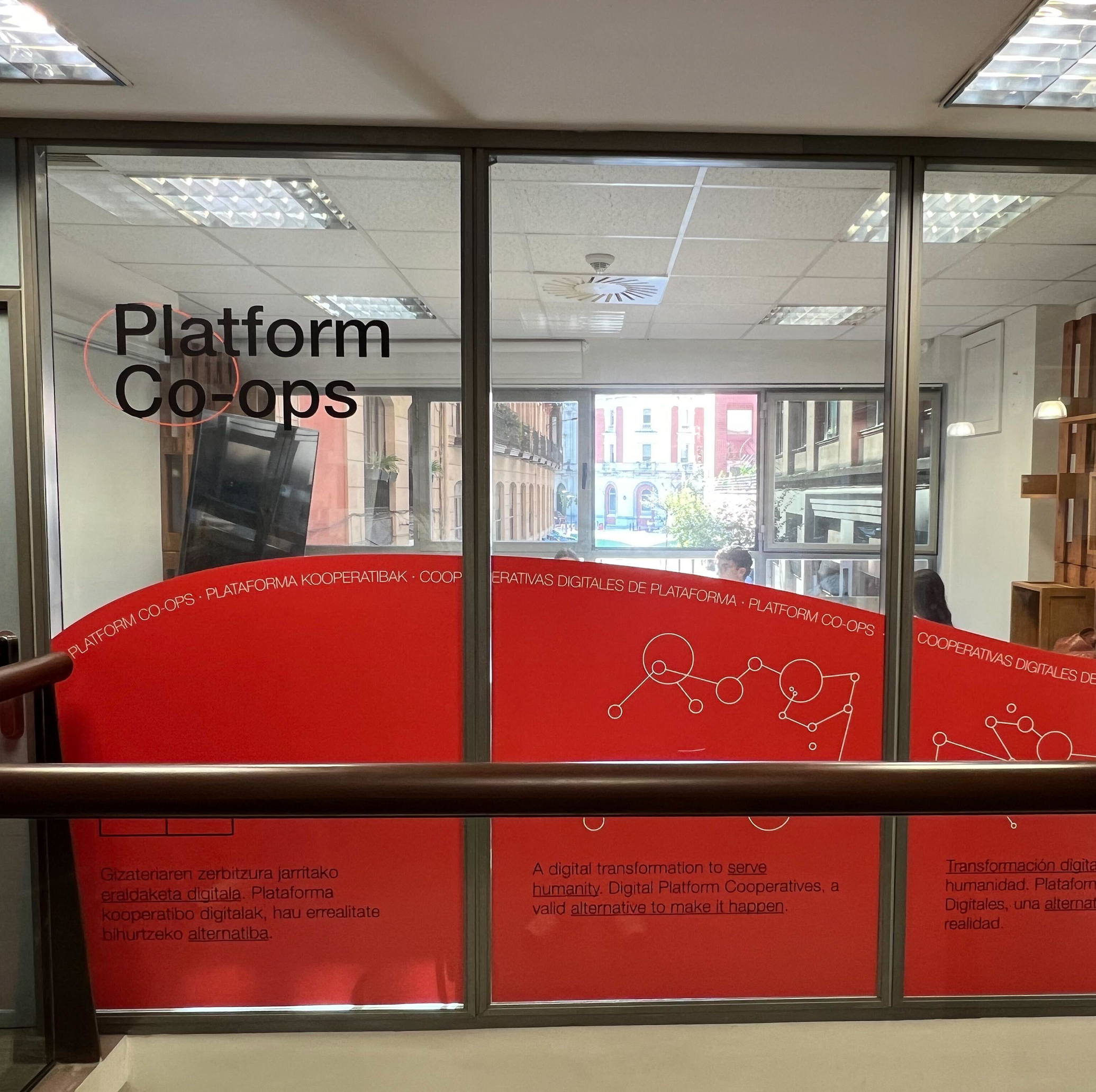
Lesson: Start by learning together.
Subvert should begin to prioritize educational programs and initiatives for members as soon as possible. This can be a way for members to simply learn more about cooperatives and worker ownership, but can also potentially build into something greater—like incubation for other enterprises that can be owned by Subvert cooperative. In fact, the fifth cooperative principle is about education, but it's something we haven't focused much on yet. Subvert's future growth may be linked to our success in continuing to educate ourselves and others.
Lesson 2: Build Social Cohesion
"Unity is the strength of the weak. Solidarity is the powerful lever that multiplies our strengths." - José María Arizmendiarrieta
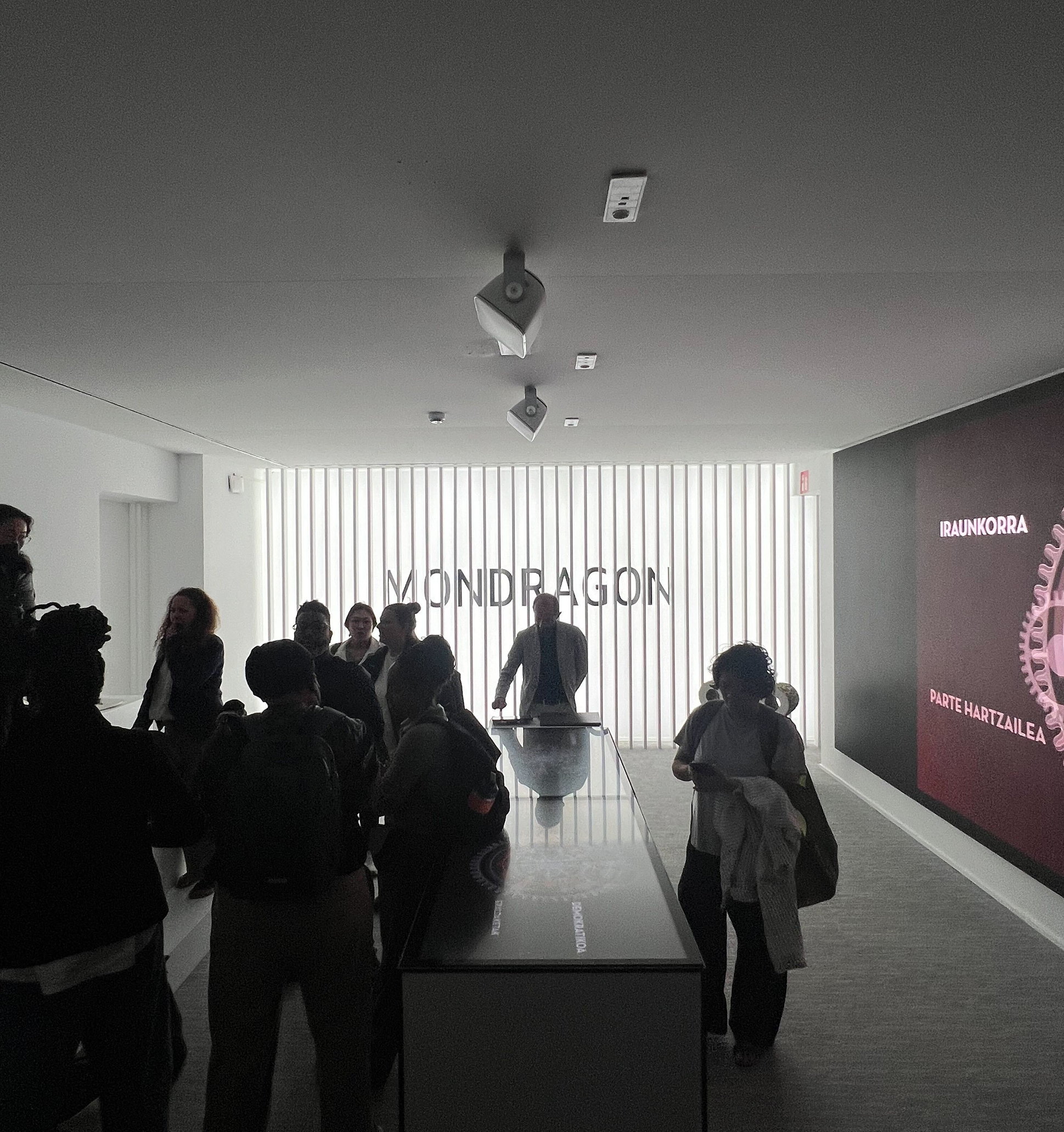
Part of what made Mondragon possible was bringing people together to socialize ideas. Before any businesses were formed, in addition to educational talks, Arizmendiarrieta organized soccer games, community events, and social gatherings. Over time, this helped the community develop a shared understanding of cooperative values.
There are some that believe that Mondragon's success is based on unique conditions that are difficult or impossible to replicate. The Basque people benefit from a shared culture and history (and their own language) that creates community bonds and cooperative practices. The Basque region has centuries of collaborative traditions that provided fertile ground for cooperative enterprise. As a global online platform with members across 76 countries, we don't have the same benefit.
Lesson: Embrace local and global community building.
We should balance the local and global nature of Subvert to build social bonds: local for gathering IRL and global for scaling our reach and vision, potentially beyond what Mondragon was able to accomplish. We should create ways both locally and globally for members to connect with one another socially. This can allow ideas to spread, relationships to form, and a stronger cooperative culture to develop. It's through these informal connections that the formal structures of cooperation become possible. This could be event series, shows, potluck dinners, or any way to meet and be social.
Lesson 3: Crisis is a Catalyst
"We must accept the present reality but we will continue determined to modify it…" - José María Arizmendiarrieta
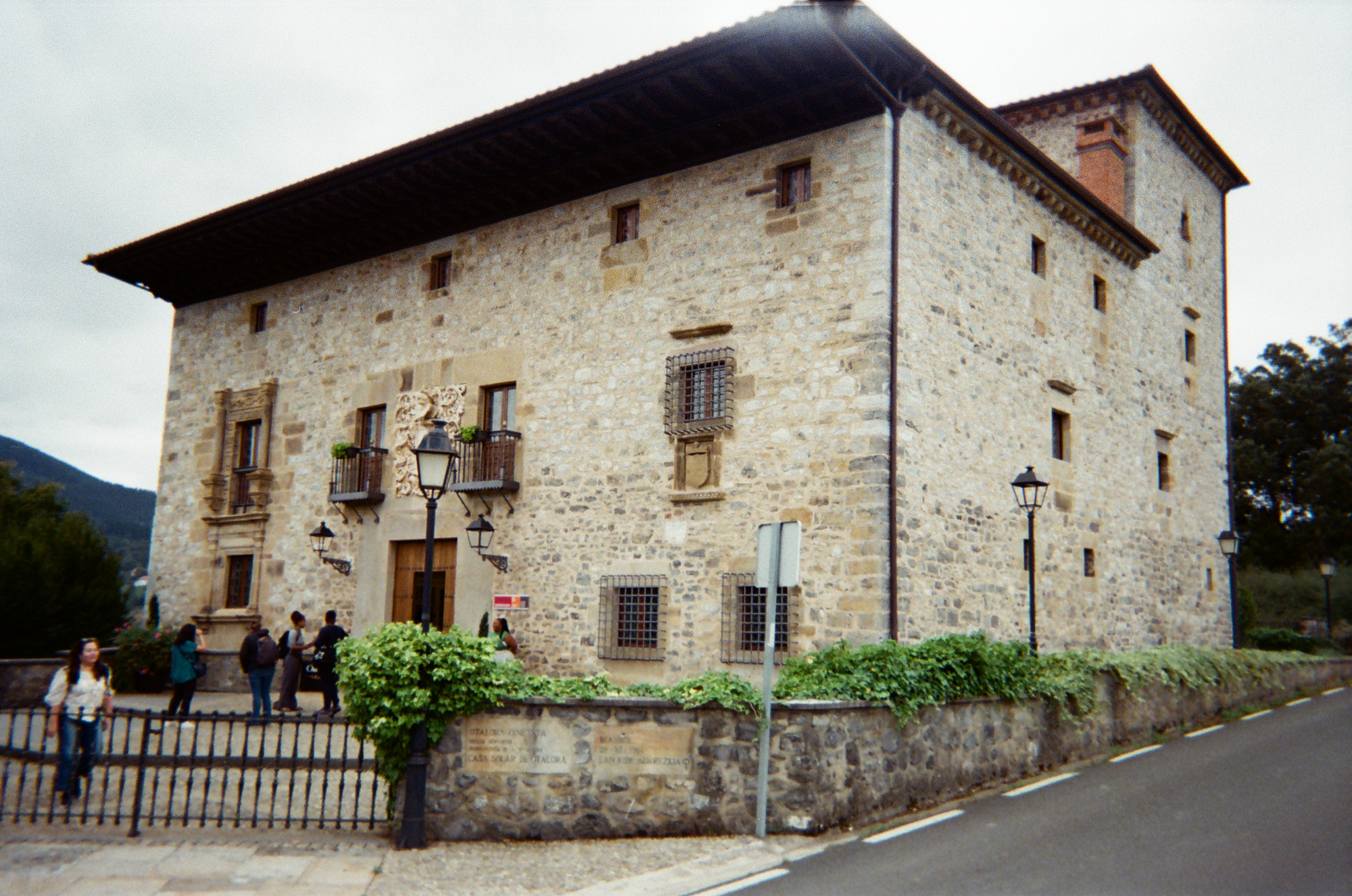
Mondragon grew in hostile conditions. It was a time of economic depression with high unemployment and little hope for the future.
Looking back, it was precisely because the conditions were so harsh that something like Mondragon was able to grow. When traditional systems fail us, we're forced to build alternatives. There are examples of this in the US. For example, some of the greatest advances in American cooperation happened during the Great Depression. Co-ops emerge when people say, "If no one is going to build it for us, we'll build it for ourselves."
Today's music landscape feels similarly bleak. Ask any musician today. There feels like there is very little to be optimistic about. It's easy to be cynical. But this is a good reminder that some of the toughest conditions create fertile ground for new systems and community-based institutions.
Lesson: Keep optimism.
The conditions we are experiencing may make this the perfect time to create new systems and long-lasting institutions owned and controlled by artists and workers. When the old systems fail us, we have the opportunity to build something better.
Lesson 4: Play the Long Game
"There is always one more step to be taken." - José María Arizmendiarrieta

In Sara Horowitz's book Mutualism, she outlines one key characteristic of mutualistic organizations as being built to outlast their members.
In this way, Mondragon is a true mutualist organization. And it's a reminder that realizing Subvert's vision of a Mondragon of music may take decades to fully realize. Mondragon is now approaching its 70th year. The first cooperative started in 1956, the cooperative bank launched in 1959, and its grocery store chain Eroski was created in 1969. Each new institution built on previous ones, creating an interconnected ecosystem that became stronger over time.
This patient, generational approach stands in stark contrast to a tech culture obsessed with extraction and quick exits.
Lesson: Stay patient. Think in decades.
We should maintain a decades-long lens for our actions and maintain both patience and focus. This long-term vision is why Subvert began with a 50-year roadmap. When we strategize our next steps, we should do it recognizing that we're building infrastructure meant to serve music communities for generations, not quarters.
Lesson 5: Start Small, Dream Big
"The world has not been given to us simply to contemplate it, but to transform it." - José María Arizmendiarrieta
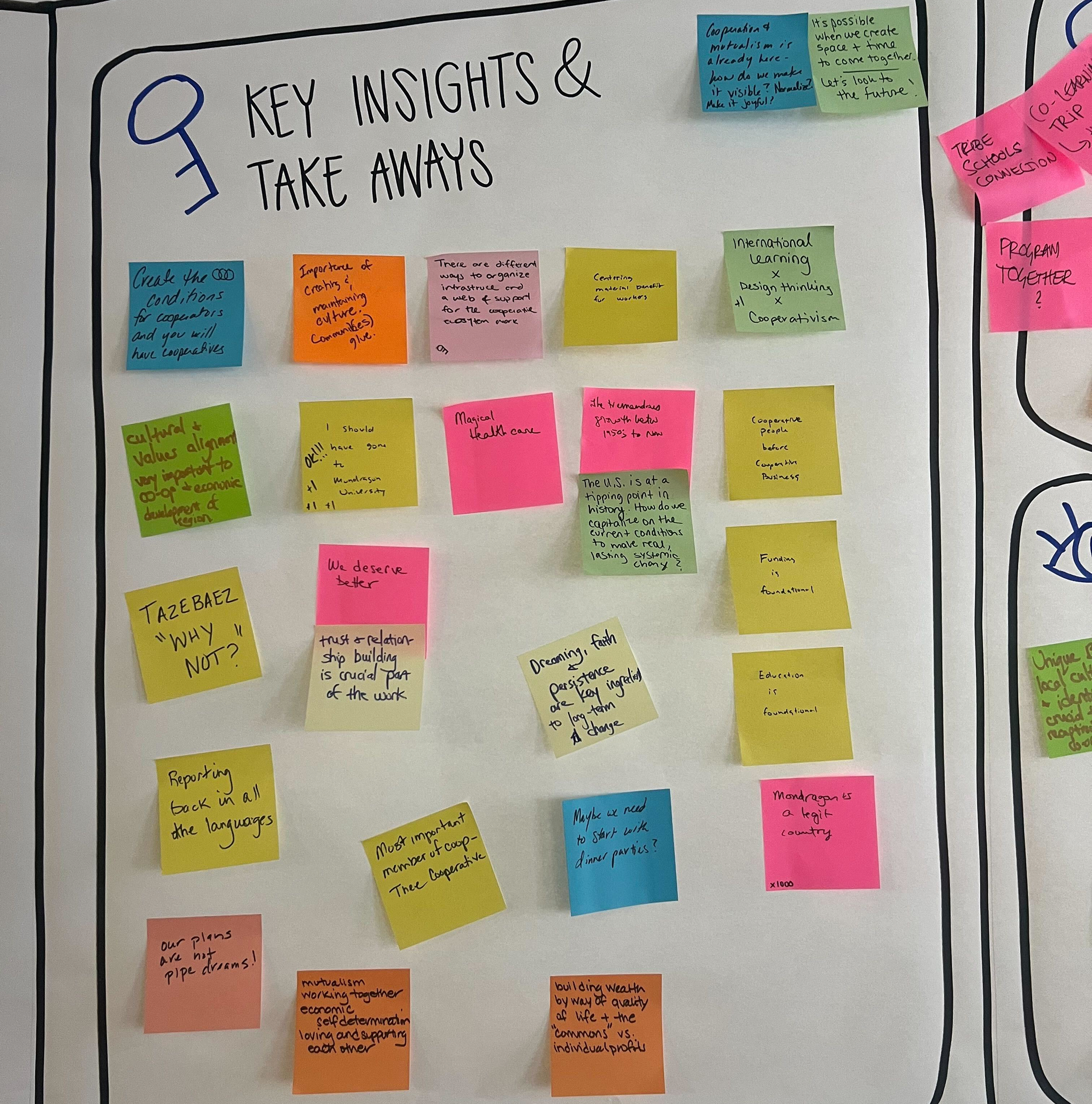
The trip was a reminder that we can and should continue to dream big. In asking this question about how to realize a Mondragon of Music, let's start to lay the foundation now and be unafraid to start asking: How do we buy a building? When might we acquire our first business? Can we throw a festival? What would a Subvert credit union look like? How do we become the Mondragon of Music?
Mondragon started with five engineers making paraffin heaters. Today they have 92 cooperatives spanning finance, industry, retail, and education. They didn't plan this entire ecosystem from day one. It was built brick by brick, step by step - not led by a singular vision, but by the needs of its community and workers.
Lesson: Dream big.
This is permission to think systemically about what a music cooperative ecosystem could look like. Not just a platform, but studios, venues, record labels, housing, distribution networks, financial services, and educational institutions - all owned and governed by the people who make music possible. It's not enough to fight. We have to dream.
Mondragon shows us the way. If a young priest and a small group of engineers could transform a small depressed town into a global cooperative network, then we can build something equally ambitious for music. The question isn't whether it's possible. Mondragon proved that 70 years ago. The question is whether we're willing to do the patient, collective work required to make it happen.Let’s take these lessons and build a Mondragon of Music.